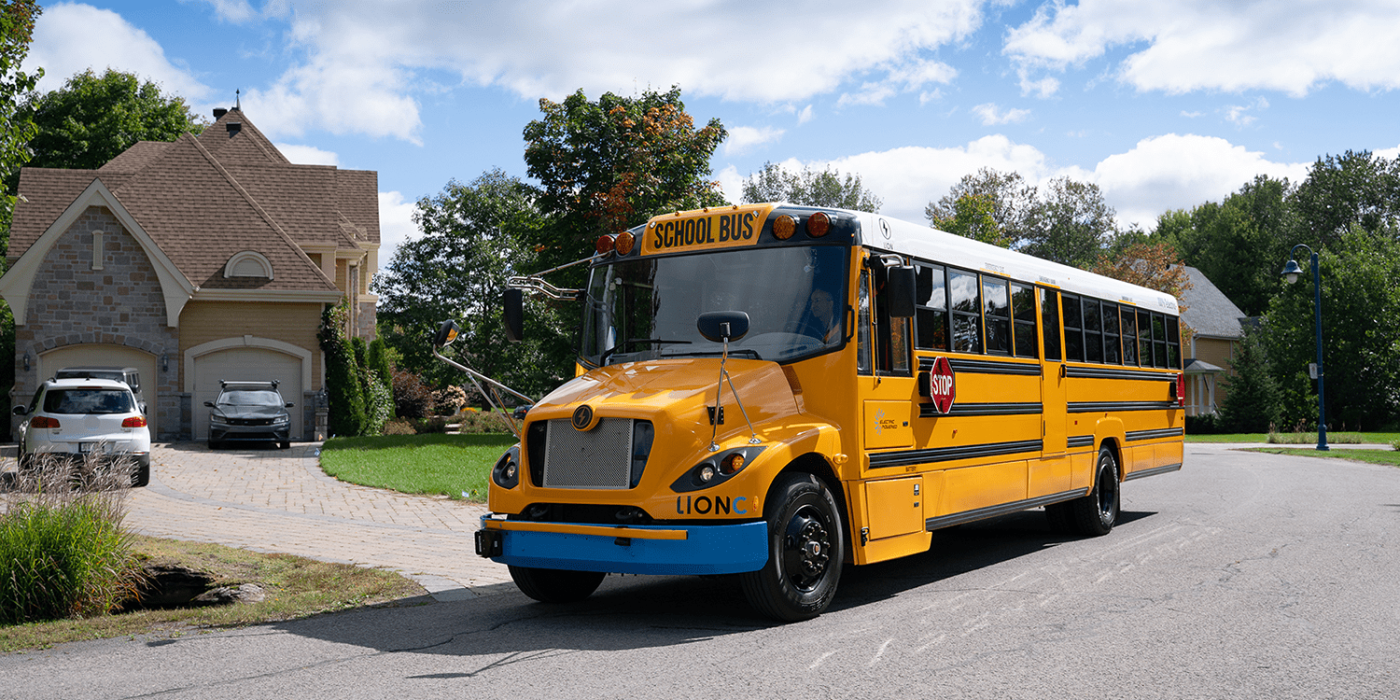US government presents comprehensive e-mobility update
The US government has provided a comprehensive update on electric fleet and charging infrastructure projects in the US. In addition to the activities of federal agencies, the announcement also includes a number of self-commitment statements by large companies.
First, on the public sector: according to the fact sheet now published by the White House, federal agencies have already procured 13,000 light- and medium-duty electric vehicles in the fiscal year 2023, about four times as many as in the previous fiscal year. The background to this is that US authorities will only be allowed to procure zero-emission passenger cars and light commercial vehicles from 2027. From 2035, this will apply to all new vehicles, including medium and heavy-duty commercial vehicles.
Federal agencies also commit to installing an additional 24,000 charging stations at their sites by the next fiscal year – in addition to the more than 5,000 charging stations already installed at federal facilities nationwide. In the fact sheet”, however, the US government does not specify whether these are charging stations with one or several connections. This applies to all charging infrastructure announcements in the paper.
One of the biggest announcements from the private sector is that of First Student: The provider of school bus services commits to replacing around 30,000 school buses with combustion engines with electric ones by 2035. First Student already has electric school buses from Lion Electric in its fleet.
Another major fleet conversion is on the horizon at Trane Technologies, a company specialising in climate solutions. The company will convert its fleet of more than 8,000 vehicles, including vans and trucks, to all-electric by 2030.
The fact sheet goes on to say that Amazon has put around 3,000 electric transporter vans into operation since the summer of 2022 as part of its commitment to put 100,000 electric delivery vehicles on the road by 2030. In addition, Google’s self-driving car offshoot Waymo announced that it will replace Chrysler’s current hybrid vans in its fleet with the all-electric Jaguar I-Pace.
Other companies are promising large-scale charging infrastructure projects. For example, real estate developer and manager Prologis in the United States plans to prepare for charging later in every new project and also to convert 100 per cent of its fleet in the United States to alternative fuel vehicles by 2030. Prologis has a presence in the United States with “more than 3,400 properties”, it says.
It continues with Siemens pledging to install charging stations at all its US locations and employee homes to push the conversion of its 10,000 vehicles to electric by 2030. In addition, ten per cent of the company’s parking spaces in all new construction projects will be equipped with charging stations.
Hertz, meanwhile, pledges to significantly increase the number of electric vehicle rentals this year and forecasts nearly two million electric vehicle rentals in 2023, about five times the number in 2022.
Other players have pledged to launch education, marketing campaigns and certification programmes to make electric mobility more visible and tangible. In autumn 2023, a Charge@Work campaign and the Electric Vehicle Adoption Leadership (EVAL) certification programme will be launched “to create more than 100,000 charging stations in the workplace”.
The Biden administration has grouped all these initiatives under the programme title ‘EV Acceleration Challenge’ and has announced that new initiatives are being accepted on an ongoing basis and that further commitments will be announced shortly. President Joe Biden has famously set a goal that half of all new vehicles sold in the US should be electric by 2030. There are currently “more than three million electric cars on the road” and “over 132,000 public charging stations” available nationwide, it says.
Biden is attempting to accelerate the transformation of the automotive industry through the Inflation Reduction Act. Its incentives for individuals and companies complement federal investments under the Bipartisan Infrastructure Law and other federal initiatives to spur domestic manufacturing of e-vehicles and batteries and the development of a national charging network.





0 Comments